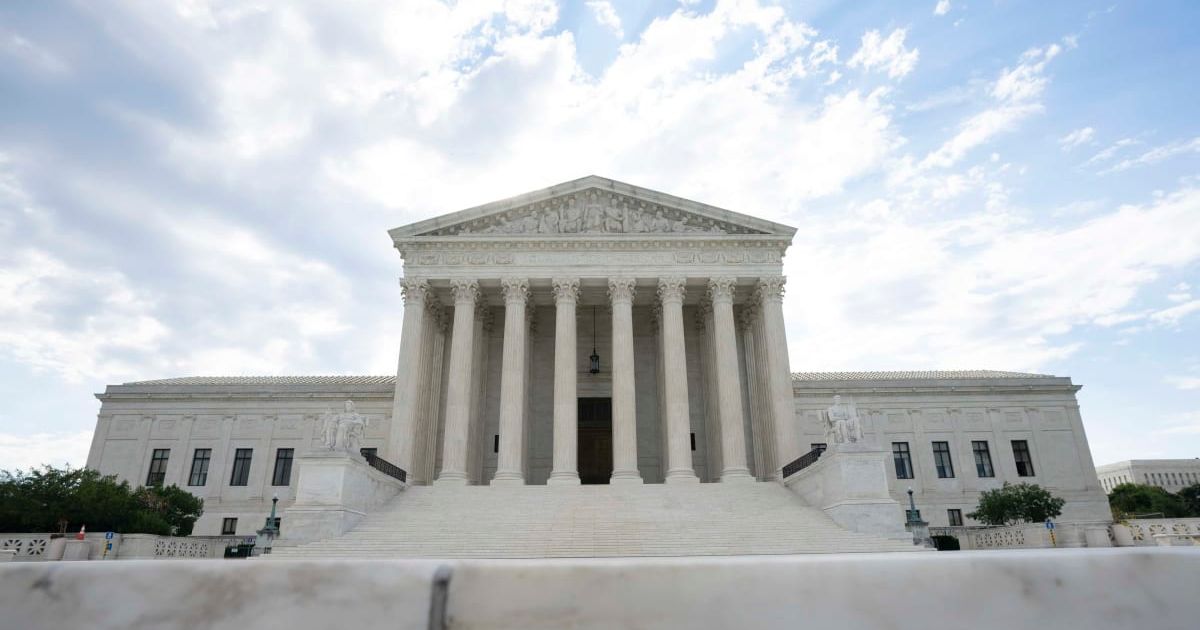Supreme Court blocks order on Texas congressional map over racial bias concerns

WASHINGTON, DC: The Supreme Court of the United States has temporarily halted a lower court ruling that found Texas’s newly drawn congressional map, approved earlier this year under President Donald Trump, likely discriminates based on race. The pause allows the contested boundaries to remain in place while legal challenges continue.
Supreme Court pauses ruling on Texas congressional redistricting plan
The Supreme Court on Friday, November 21, found that Texas’s 2026 congressional redistricting plan, pushed by Trump, could discriminate against minority voters, prompting the high court to block the lower court’s decision. The order, signed by Justice Samuel Alito, who handles emergency appeals from Texas, will remain in effect for now as the court considers whether to allow the new map—favorable to Republicans—for use in next year’s midterm elections.

The conservative majority on the court has previously blocked similar lower court rulings when they have come too close to an election. The emergency order was issued about an hour after the state asked the high court to intervene to prevent confusion as congressional primary elections approach in March 2026.
Governor Greg Abbott leads Texas GOP in redrawing congressional map

As part of Trump’s effort to maintain a slim Republican majority in the House, Texas redrew its congressional map during the summer. The new plan was designed to give Republicans five additional House seats. A panel of federal judges in El Paso ruled 2-1 on Tuesday, November 18, that civil rights groups challenging the map on behalf of Black and Hispanic voters were likely to win their case.
If the lower court ruling is eventually upheld, Texas could be forced to use the congressional map drawn by the GOP-controlled Legislature in 2021 based on the 2020 census.
Redistricting battle spreads nationwide with multiple states facing court challenges
Texas is the first state to implement a Trump-backed plan, igniting a broader national debate over redistricting. Missouri and North Carolina followed with new maps, each adding a Republican seat, while California voters approved a ballot initiative aimed at giving Democrats five additional seats.

The redrawn maps in California, Missouri, and North Carolina are all facing ongoing legal challenges. The Supreme Court is also reviewing a separate case from Louisiana that could further limit race-based districts under Section 2 of the Voting Rights Act. The impact of that decision on current redistricting efforts remains uncertain.










